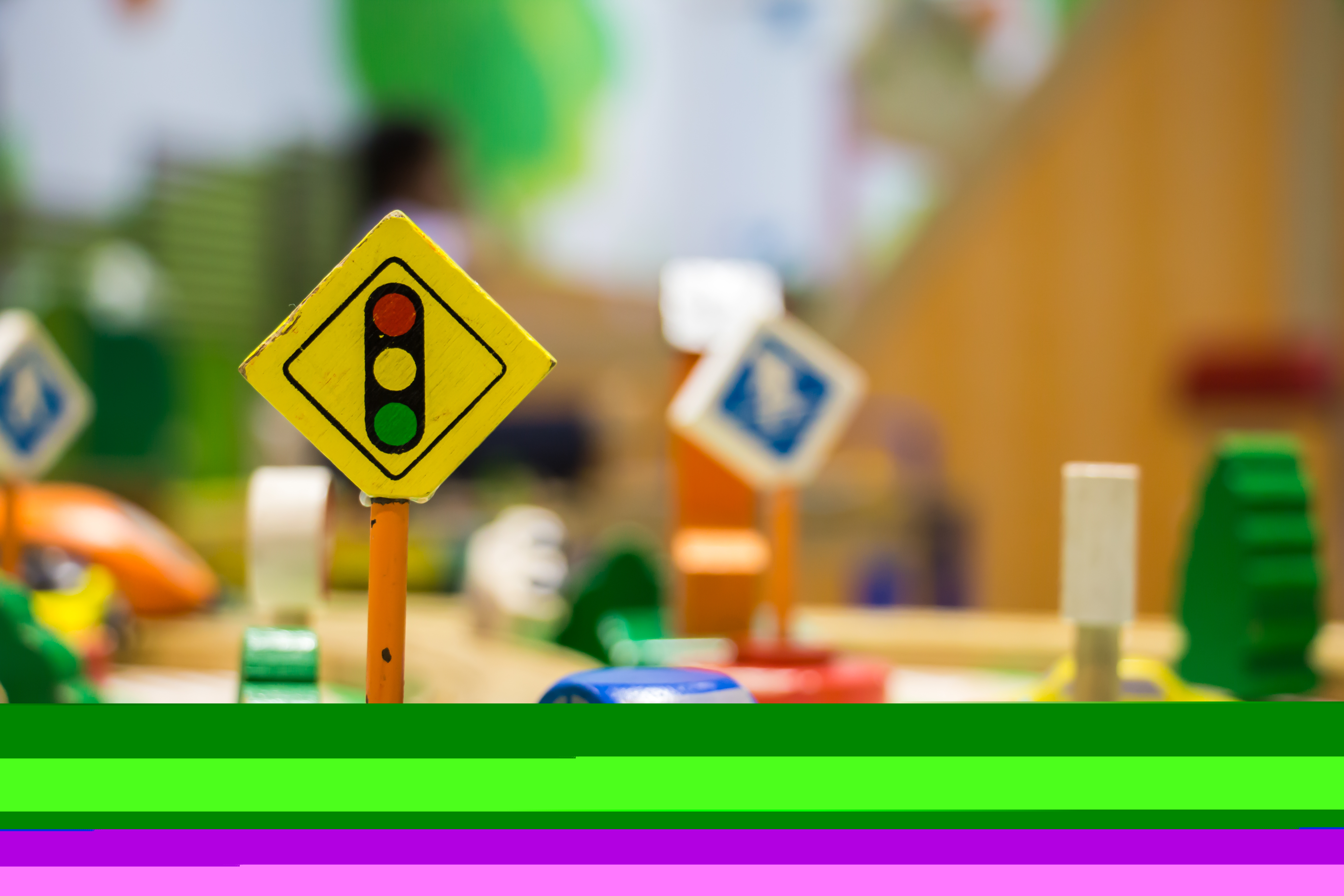Critical Thinking Community Worksheets for 4-Year-Olds
4 filtered results
-
From - To
Our "Critical Thinking Community Worksheets for 4-Year-Olds" are designed to ignite young minds through engaging and educational activities. These worksheets focus on developing essential critical thinking skills in preschool children by encouraging them to explore local communities and social studies concepts. Each worksheet includes fun puzzles, matching activities, and interactive tasks that promote problem-solving, reasoning, and decision-making. Perfect for parents and teachers aiming to foster an early love for learning while enhancing observational and analytical skills. With these printable resources, children will build a strong foundation for future academic success in an enjoyable and meaningful way.
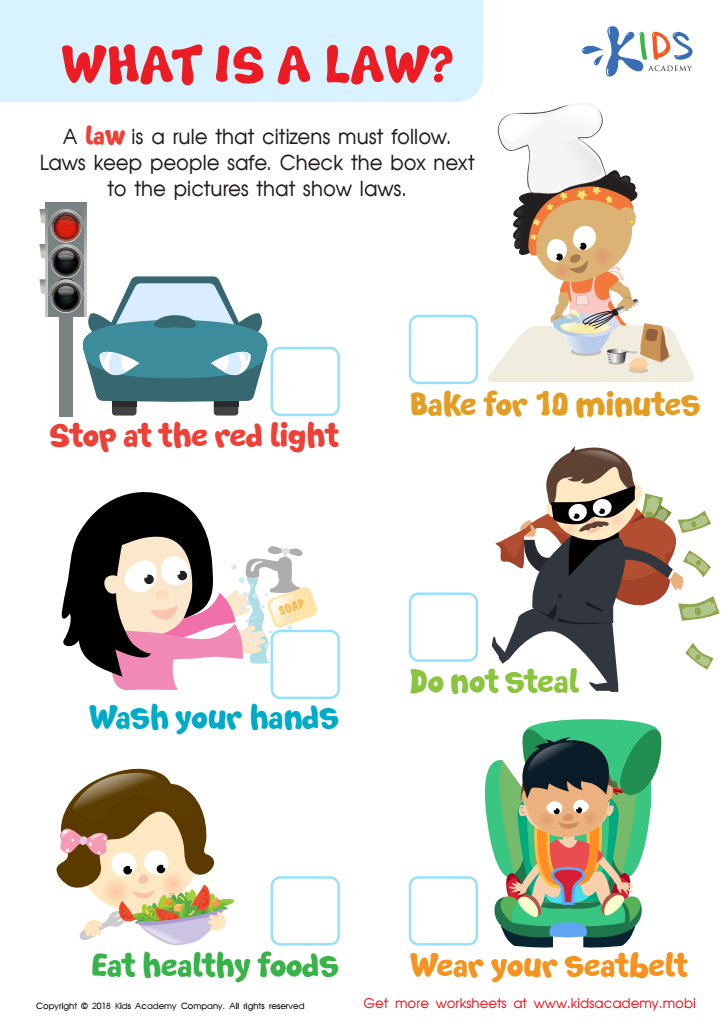

What is a Law? Worksheet
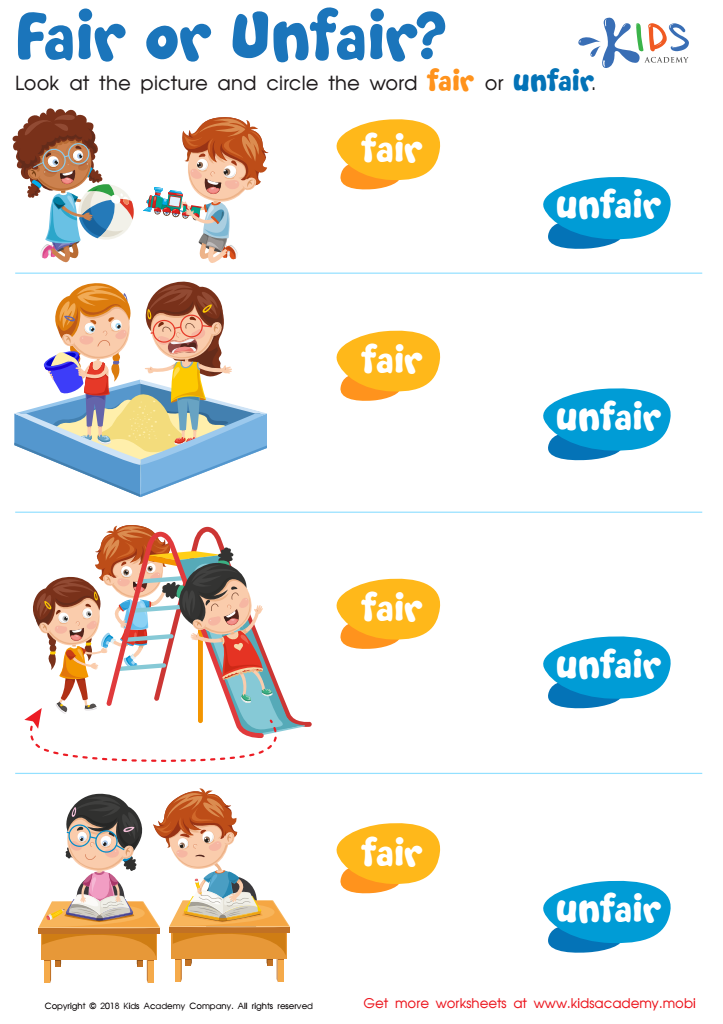

Fair or Unfair Worksheet
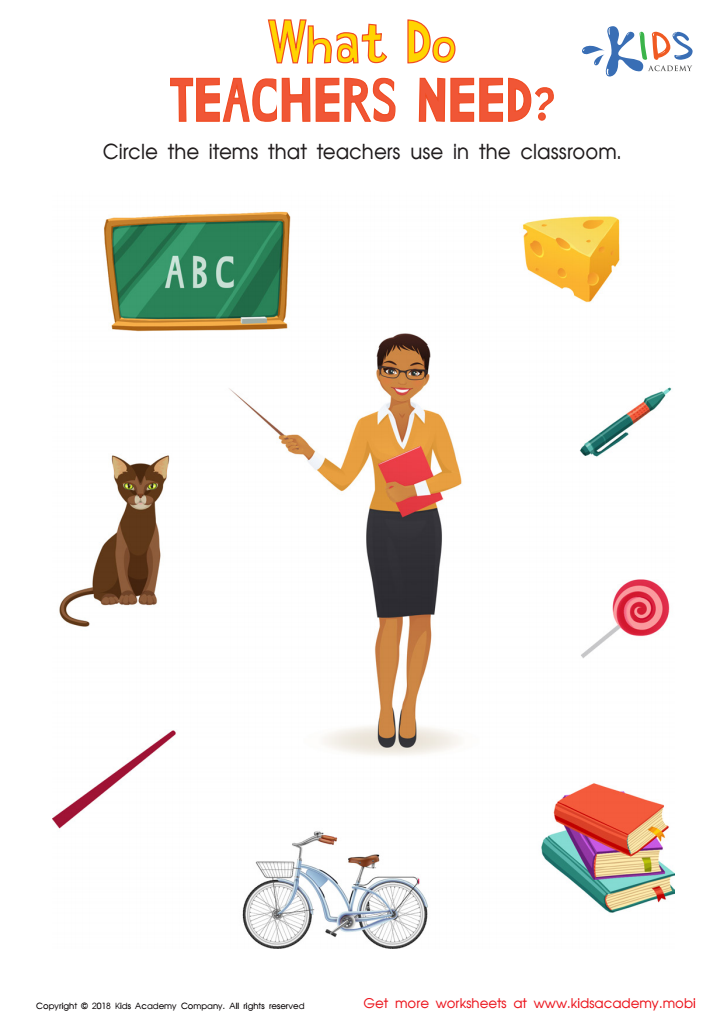

What Do Teachers Need Worksheet
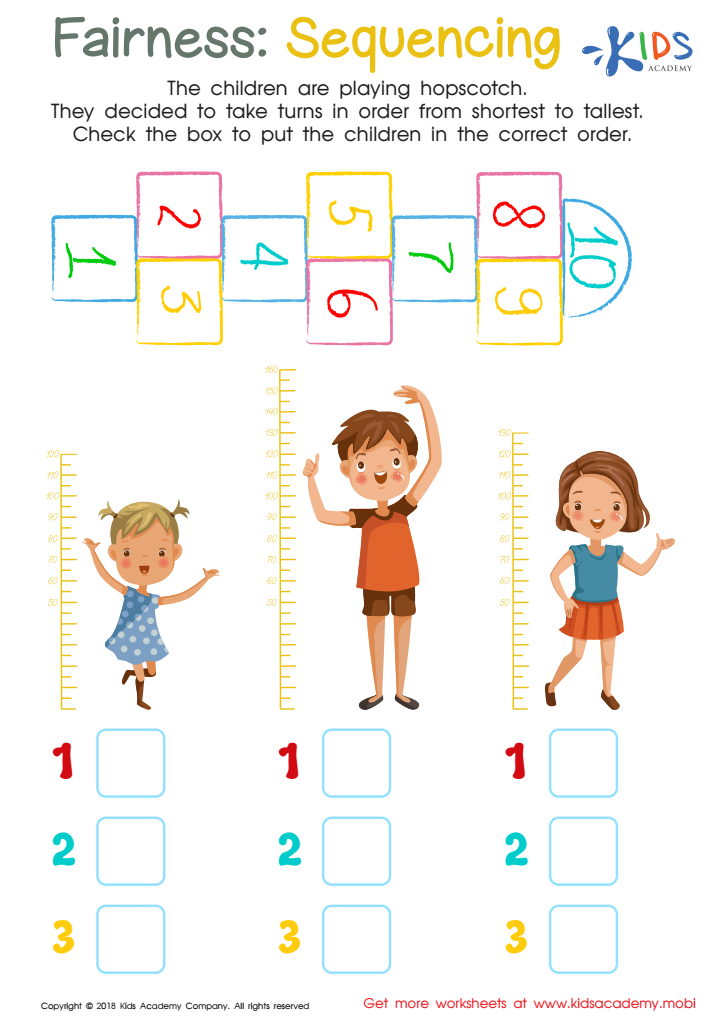

Fairness: Sequencing Worksheet
Parents and teachers should care about fostering a Critical Thinking Community for 4-year-olds because early engagement in critical thinking lays a strong foundation for lifelong learning and problem-solving skills. At this age, children's brains are highly adaptable and capable of remarkable growth. Introducing critical thinking helps them develop crucial cognitive skills such as curiosity, reasoning, and reflection.
When children are encouraged to ask questions, explore various solutions, and think independently, they become more confident learners. This kind of thinking allows them to connect ideas, understand cause and effect, and make better decisions. Moreover, engaging in a community that values critical thinking nurtures social interaction and collaborative learning. Kids learn to respect different viewpoints, articulate their thoughts, and listen to others—skills essential for communication and teamwork in the future.
Fostering critical thinking also promotes emotional intelligence. Children learn to understand their own emotions and reactions, which is invaluable for developing empathy and self-regulation. In essence, cultivating a Critical Thinking Community for young children enhances their cognitive growth, social interaction, communication abilities, and emotional health, preparing them not just for academic success, but for a well-rounded and thoughtful approach to life.

 Assign to My Students
Assign to My Students




